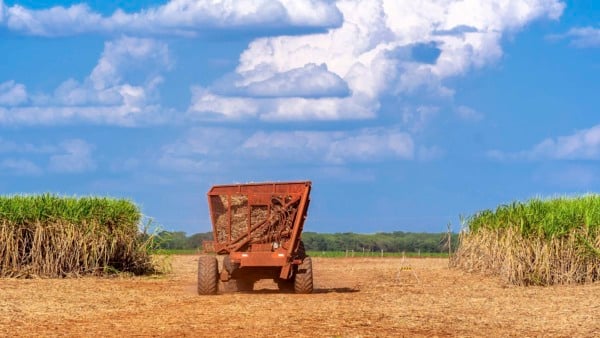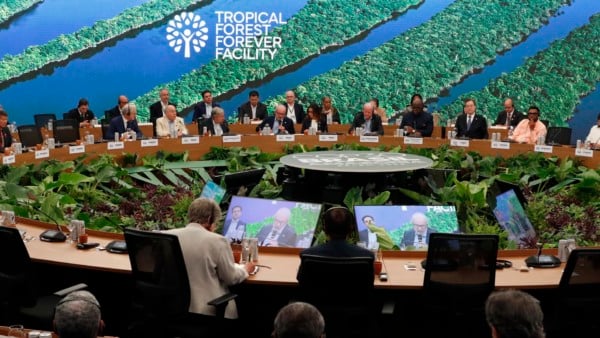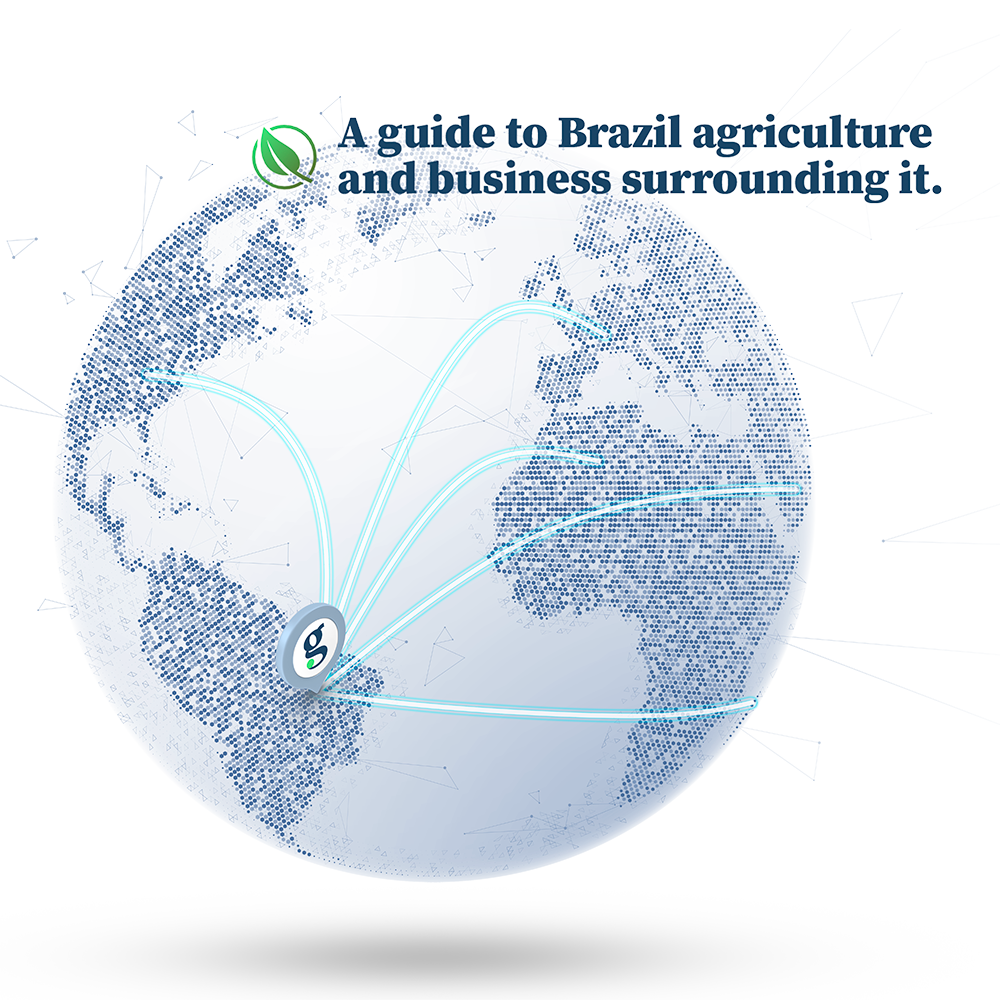
The 50% import tariff on Brazilian products, announced by the U.S. president Donald Trump on July 9, comes into effect today. While nearly 700 items were included in an exemption list released last week, roughly half of Brazil’s exports to the U.S. will be affected.
Brazilian officials believe there’s still room for negotiation. Finance Minister Fernando Haddad is expected to meet with U.S. Treasury Secretary Scott Bessent next week. But chances of expanding the exemption list may have narrowed following the arrest of former Brazilian President Jair Bolsonaro last Monday.
Just hours after Bolsonaro’s arrest, the U.S. government issued a public statement accusing Brazil’s Supreme Court of violating human rights and freedom of expression. Trump had cited the “erosion of democratic institutions” in Brazil as one of the reasons for the tariff hike in his early July announcement.
The AgriBiz breaks down the real impact of the tariffs on Brazil’s top agricultural exports to the U.S. — and what exporters are doing to mitigate or circumvent the trade barrier.
At least half of all Brazilian agricultural exports to the U.S. will be subject to the 50% tariff starting today (excluding forestry products). See below how key export categories are being hit.
COFFEE. As of today, Brazilian coffee shipments to the U.S. face a 50% import duty. The absence of coffee from the exemption list surprised Brazilian producers, given how heavily the U.S. relies on Brazilian beans. About one-third of all coffee consumed in the U.S. comes from Brazil, which guarantees the flavour Americans are used to.
Consumers will likely feel the pinch, but so will Brazilian exporters — at least in the short term. With global supplies of arabica beans tight and Brazil accounting for over 40% of global production, those shipments will find alternative markets sooner or later.
China, where coffee consumption has surged in recent years, approved 183 Brazilian exporters to ship to the country following Trump’s tariff move. Still, it’s unclear whether Chinese buyers will match the U.S. in volume or price.
Brazilian exporters are lobbying U.S. officials with the help of the National Coffee Association, arguing that coffee imports from Brazil support — not threaten — American jobs. According to the U.S. industry group, every $1 spent on imported coffee generates $43 in economic output, with the sector supporting 2.2 million jobs and contributing 1.2% to U.S. GDP.
BEEF. With the new 50% charge, Brazilian beef now faces a staggering 76.5% tariff to enter the U.S., effectively closing the door to the world’s top consumer market. According to Brazil’s beef exporters group Abiec, second-half exports to the U.S. were projected to be worth $1 billion.
Abiec had expected that shipments to the U.S. could double this year, reaching 400,000 metric tons and straightening its position as Brazil’s second-largest beef buyer after China.
Last week, JBS global CEO Gilberto Tomazoni told The AgriBiz he still believes the Brazilian government can make progress in negotiations with Trump. Like the coffee industry, beef exporters are intensifying lobbying efforts in Washington.
Meanwhile, pressure is mounting on the White House from within. The National Restaurant Association sent a letter to U.S. officials last week expressing “deep concern” over the new tariffs, according to Reuters.
ORANGE JUICE. Frozen concentrated orange juice — one of Brazil’s most iconic exports — was included in Trump’s exemption list. As a result, the product will only be subject to a 10% tariff, as previously announced in April.
The White House appears to have yielded to pressure from importers, who argued there’s no substitute for Brazilian juice, which accounts for 90% of global trade. U.S. importers warned of possible shortages and job losses had the full tariff been applied.
FISH, SEAFOOD. More than half of Brazil’s fish and seafood exports have the U.S. as destination. At least 58 containers — over 1,000 metric tons — have already lost their buyers in the wake of the tariff decision, Brazil’s seafood exporters group Abipesca said.
Top products at risk include tilapia and lobster. The industry group is now appealing to the Brazilian government for support as the higher tariffs come into force.
FRUITS. The group is also being hit by the new tariff. Mangoes and grapes are the top items exported, corresponding by nearly 50% of Brazil’s fruit shipments to the American market.
Producers warn that without alternatives, shipments could rot before reaching new buyers. They, too, are calling on the government for financial support.








